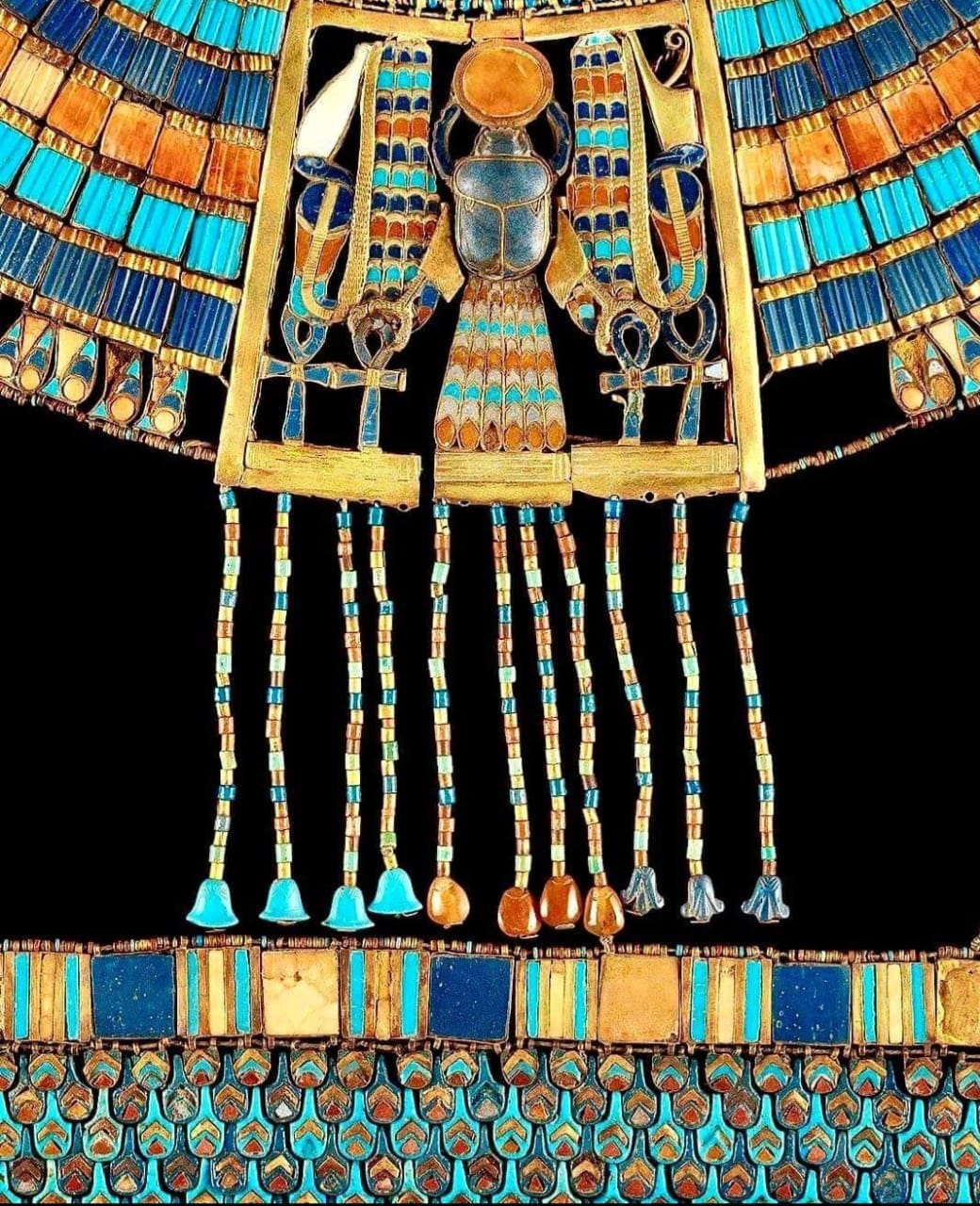The Hidden Lesson of Egypt

At the heart of the Exodus story we usually think of plagues, miracles, and the crossing of the sea. But tucked in between is a small, surprising command of God — a detail that at first looks almost strange, yet carries within it a lesson about freedom deeper than we expect.
God gives this command: “Let every man ask his neighbor and every woman ask her neighbor for silver and gold items.” And that’s exactly what happened: “The people of Israel did what Moses said—they asked the Egyptians for silver, gold, and clothing.”
But why, at such an important and dramatic time, did God care so much that the Israelites ask the Egyptians for their gold and silver?
Even earlier, when God first appeared to Moses at the burning bush, He already mentioned this: “Each woman will ask her neighbor and the one living in her house for silver, gold, and clothing. You will put these things on your sons and daughters, and so you will plunder Egypt.”
Why was this detail so important?
The answer at the very end of the Torah:
“Do not despise an Egyptian, for you were a stranger in his land.”
But wait—weren’t the Israelites enslaved, oppressed, mocked by the Egyptians? They weren’t just “strangers”—they were victims of cruelty! Surely, they didn’t owe the Egyptians any kind of gratitude.
And yet, the Lord tells them to look at the Egyptians differently. Why?
Because hidden in this short command is a deep truth about freedom:
A people driven by hatred can never be truly free.
If the Israelites had left Egypt full of anger and a desire for revenge, they might have escaped physically—but Egypt would still live inside them. That bitterness would keep hurting them, tying them back to the pain of slavery.
To be truly free, you have to let go of hatred.
That’s why God told the Israelites to ask the Egyptians for gold and silver. So that—even in a small way—they could carry a memory not just of pain, but of a moment when their neighbors gave them something with their own hands. A tiny crack of light in a dark story.
Moreover these very gold and silver, precious stones and wool will be used in big measure in construction of Tabernacle. You see, God had a plan of the His Dwilling fortelling Abram: “I will judge the nation whom they serve, and afterward they shall come out with great possessions” (Gen. 15:14)
When God blesses you with treasures, you tend to think it is all yours, but it is allusion. It is all about your belonging to His community and a worship experience.
We, too, often carry pain and anger—toward people close to us or far away. These feelings steal our peace and drag us back into old wounds.
Do you want to be free?
Let go of hatred. Leave the envy behind.